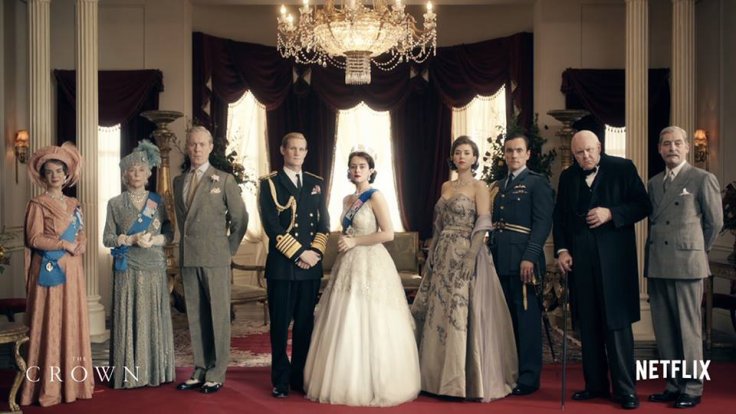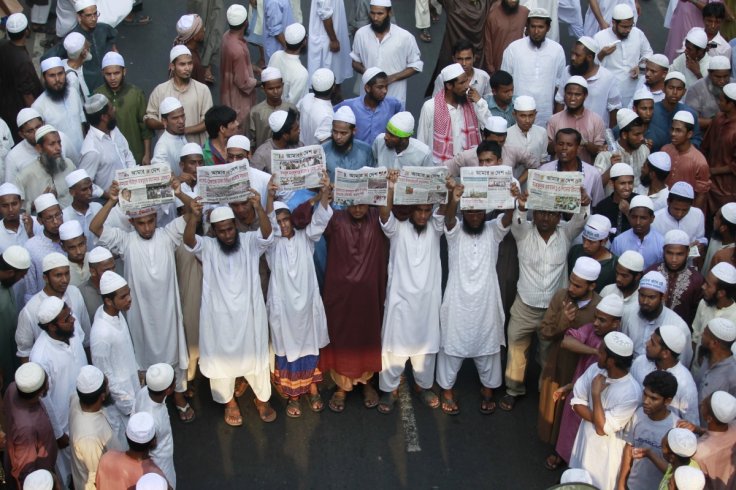Islamists in Bangladesh have stalled the launch of the country's first human milk bank for motherless infants. The hardliners argue that a milk bank creates the risk of marriage between people who have drunk the milk of the same woman, IANS reported citing local news media.
The government-run Institute of Child and Mother Health (ICMH) had made preparations to launch the human milk bank on December 1. However, the project has run into uncertainty over the Islamists' opposition. The critics cite the Islamic laws that forbid marriage between people who have drunk the milk of the same woman.
'Marriage with 14 relations is haram'

The human milk bank had run into trouble early on, with the 'Ulemas' or the community of Islamic scholars, opposing the idea. The scholars served notice to the Institute, saying that the milk bank poses legal and religious complications, forcing the ICMH to drop the idea.
"We've paused the project for now," said Project Coordinator Mojibur Rahman, according to IANS. The authorities, however, have pointed out that other Muslim-majority countries such as Iraq, Iran, Pakistan, Kuwait and Malaysia do have human milk banks.
"Marriage with 14 relations is 'haram' (forbidden in Islam). This applies for the relations created by drinking milk. It cannot be taken so lightly," Gazi Ataur Rahman, a joint secretary general of the Islami Andolan Bangladesh and secretary-general of National Olama Mashayekh Aimma Council, told bdnews24.
Identifying who drank whose milk

He said the government should have discussed the matter with the scholars before announcing the project. The clerics said they will continue their opposition unless they are satisfied about the processes adopted to preserve and distribute the milk.
Another scholar raised the question of how the children who drink the same mother's milk will be identified in future. Maulana Fariduddin Masud, chairman of Islahul Muslimin Council and Khatib of Sholakia Eidgah of Kishoreganj said he won't oppose the milk bank if the government can explain how the babies will be identified when they grow up.
"I've heard that there are milk banks in some Muslim countries as well. We should see how they have solved the issue and settle ours after talking to the Olamas," he said, BD News reported.
What the government has done
However, ICMH officials say the Institute has fulfilled the conditions sought in the legal notice. The government has taken measures like documenting the names, addresses and other details of the milk donors and babies. The data will be preserved and separate ID cards will be issued to donors and babies so that it will be possible to identify in future who had received milk from whom, the officials said, according to the daily.









